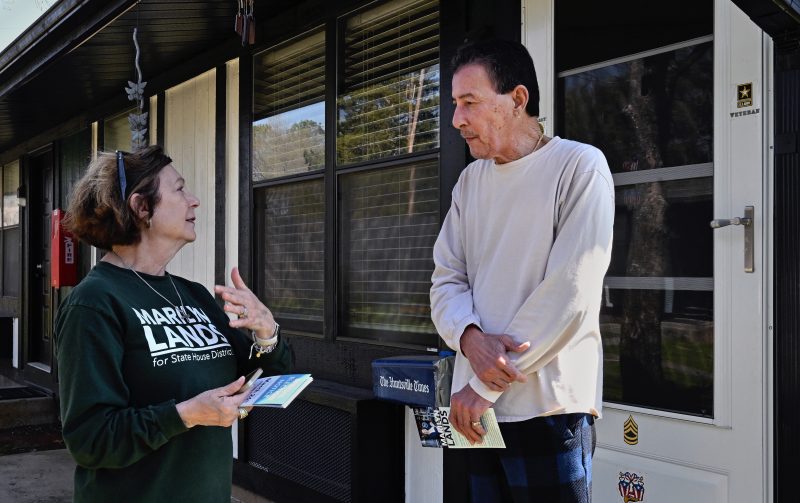In a recent special election in Alabama, the debate over IVF (In Vitro Fertilization) and abortion has become a significant point of contention, shaping the battle lines between the candidates and their supporters. This election has highlighted the complex intersections between reproductive rights, religious beliefs, and political ideologies, fueling discussions on a national scale.
One of the key issues that have come to the forefront in the Alabama special election is the legality and ethics surrounding IVF. In Vitro Fertilization is a method of assisted reproduction that allows individuals experiencing infertility issues to conceive a child. However, some conservative groups view IVF as controversial due to the creation of embryos outside the womb and the potential for unused embryos to be destroyed or frozen indefinitely.
Candidates in the Alabama special election have taken varying positions on IVF, reflecting the broader divisions within the state and the country. Some candidates have expressed support for IVF as a medical advancement that helps individuals fulfill their desire for children, while others have raised concerns about the moral implications of the procedure and its impact on the sanctity of life.
Moreover, the debate over IVF has become intertwined with the ongoing controversy surrounding abortion rights. Alabama has been at the center of the national debate on abortion, with the state passing one of the most restrictive abortion laws in the country in 2019. The issue of abortion has deepened the political fault lines in the special election, with candidates aligning themselves along pro-choice or pro-life stances.
The intersection of IVF and abortion in the Alabama special election underscores the complex nature of reproductive rights and the deeply held beliefs that shape individuals’ views on these issues. The candidates’ positions on IVF and abortion not only reflect their personal beliefs but also resonate with their supporters, who are looking for representation that aligns with their values and principles.
As the Alabama special election unfolds, it is clear that the debates over IVF and abortion will continue to influence the political landscape in the state and beyond. The outcome of the election will not only determine the future direction of Alabama but also serve as a barometer for the broader national discourse on reproductive rights and bioethics.


























